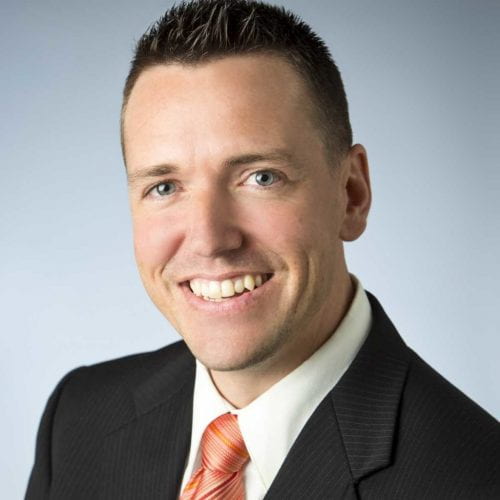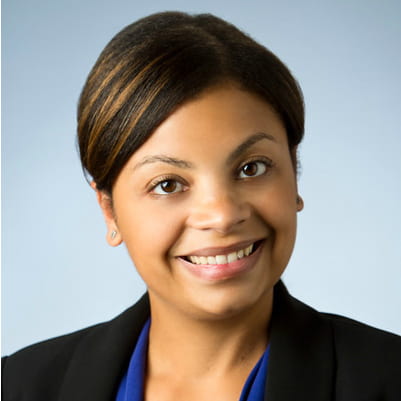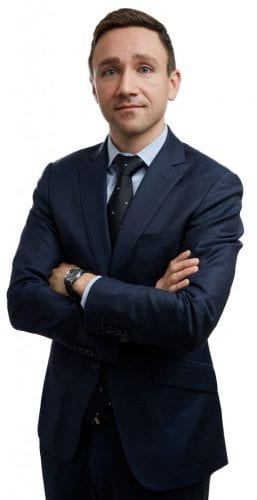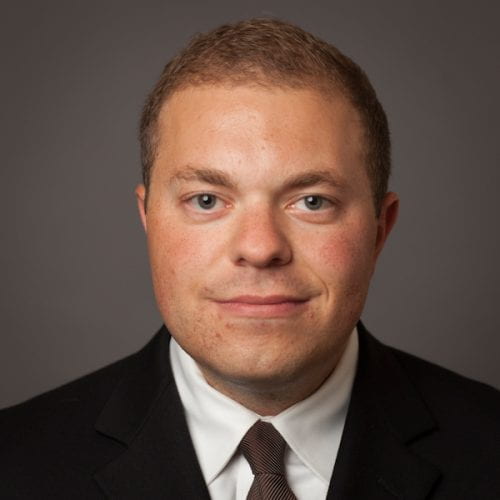
This past Thursday, April 23rd, witnessed the fourth annual iteration of the Baker Program’s 5-in-5 panel, in which past graduates of the Baker Program return to recount their career paths post-Cornell. This year, the “return” of members of the Class of 2015 was virtual, but still drew a large gathering of listening heads on the Zoom meeting – including former classmates of theirs who were given the opportunity to listen in.
This year’s panel included a diverse group of professionals across virtually all aspects of commercial real estate. The focus of discussion centered around a topic that is top of mind for most people in the industry at the moment: the impact of the COVID-19 pandemic on the commercial real estate industry. Having such a breadth of experience in real time was an uncommon treat for current students who are anxious to understand the impact of this unprecedented virus on their career paths and the future of the industry at large, but it was also an opportunity for the five alumni to reflect on their experiences in the Baker Program and to recount their own stories five years out.

Spencer Burton, a Director at Northwest Mutual in Dallas, was perhaps a familiar face for most people in attendance due to the website he co-founded, AdventuresinCRE.com, which provides useful, turnkey excel models for most asset types as well as other insights on the commercial real estate industry. His role at Northwest Mutual is to source high quality portfolio properties for the company’s real estate division, which helps pay dividends for the company’s investment products. Because of the nature of Northwest’s clients and products, Burton characterized his strategy for the next 30-60 days as “wait-and-see.” Given the uncertainty of the ongoing global crisis, it is difficult to predict which assets will continue to produce durable cash flow, he remarked. In response to a question about whether he sees opportunity in new asset types like data centers, which might emerge as a strong player once the dust settles, Burton explained that his company’s current targets do not stray far from the four typical asset types, particularly multifamily and industrial assets.
On the development side, the outlook is even more uncertain, yet panelists Neisha Colon and Nicholas Martinez were optimistic about near term prospects.

Colon, a project director at Winn Companies in Boston, has been involved in multifamily development since graduating in 2015, starting with L&M Companies as a summer associate but moving to Boston to work for Winn shortly after. As a project director at Winn, she has overseen 6 projects from cradle-to-grave and has witnessed the development team grow from 8 members to around 35 today, focusing primarily on affordable housing and mixed-use developments.

Martinez took a less direct route, but now also participates in the workforce/affordable housing industry. After graduating from the program, Martinez took a job with Citi Community Capital, which is the largest capital provider for affordable housing projects in the country. After just over two and half years at Citi, Martinez decided the time was right to launch his own project, and he has since been leading HGI – a values-driven firm focused on addressing social and community issues through affordable housing development and investments in social ventures. From Martinez’s perspective, the current global catastrophe is unfortunate, but only solidifies the virtues and necessity of building affordable housing, particularly in urban areas like New York.
Vince Clark, an investment associate at Madison International Realty, provided the private equity perspective. For years, private equity firms like Madison have been keeping stores of dry powder in order to pounce on once-in-a-cycle opportunities like the current one.

Clark said he and his company are still waiting for the coming flood, but in the meantime, he is looking towards troubled REITs, which he expects will begin offloading assets at a discount in order to raise money. Unlike Burton at Northwestern, Clark is indeed looking outside of the big four asset types in order to achieve alpha, which is a bigger risk that could have a healthy payoff given the uncertainty of future behavior and conditions.

Finally, the panel included Gregory Miller, who is the covering analyst at SunTrust Robinson Humphrey for its lodging and leisure team with coverage of REITs including Pebblebrook Hotel Trust and RLJ Lodging Trust. Perhaps the most directly and significantly impacted industry in commercial real estate is proving to be the hospitality industry. Miller remarked that the lodging industry is largely driven by the comfort of consumers around certain types of behavior. There are still a lot of unknowns in this regard, particularly with respect to if, and how, that comfort level will return to pre-crisis levels in the hotel industry. Miller predicts that there will be a lot of changes to the social experience in the short term – including more gloves, masks, and distancing restrictions – and widespread changes to the operations and design networks of hotels. The implication that this will have on REIT performance and valuation in the long term is not immediately clear, but there is no indication that people will feel comfortable travelling again anytime soon.
For the most part, however, panelists seemed upbeat amidst the challenges of the present moment. The panelists additionally offered reflections on their time in the Baker Program. For some, their biggest regrets were things like not taking the sailing class, not grabbing a night-cap at Rulloffs, or simply not spending enough time networking with classmates. At the moment, those experiences seem like wishful fantasies for current students as we shelter in place all around the world. Clark left us with a hopeful message, however, as he recalled working with a former classmate on the other end of a recent deal: continue to strengthen these bonds because the hope of meeting again is among the last remaining certainties in this bold new world.
